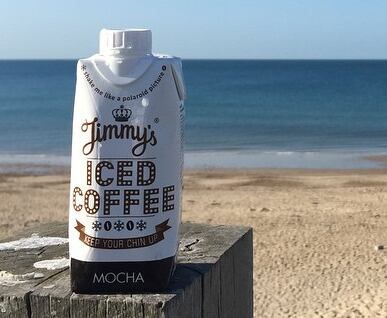In its eighth Dairy Index report, Revitalising Dairy: The New Good of Milk, Tetra Pak said consumers in both developed and developing markets have "an overwhelmingly positive view of milk, despite occasional anti-milk messages."
They feel, however, that "variety and convenience are not keeping pace with modern lifestyles and expectations," it said.
This finding, published today by Tetra Pak in its latest Dairy Index, highlights "the need for dairy companies to revitalise the relevance of milk among consumers of all ages." This can be achieved through the introduction of innovative products and a "fresh approach" to marketing and communication.
"In short, the findings of this report suggest that the key to energising dairy in all markets is to make consumers excited by milk; to show that it is convenient, pleasurable, a special treat even, and relevant to all," said Dennis Jönsson, president and CEO, Tetra Pak.
"This is the essence of the 'new good' of milk: to demonstrate that this uniquely versatile, convenient, customable liquid food can reach out to young and old, and to everyone in between, by constantly adapting to meet their ever-changing needs."
"Ever-changing needs"

It detailed a number of liquid dairy products that meet these "ever-changing needs" and subsequently identified four trends - Indulgence, Milk 2.0, Designer Dairy, and Pure Milk.
Sneakz Organic Vegetable-Fortified Milkshake, for example, falls into the Designer Dairy category, it said.
While Jimmy's Iced Coffee - an RTD product relaunched in the UK in a Tetra Prisma Aseptic carton in 2013 - slotted into the Indulgence trend.
"Such companies see that the consumption dip has nothing to do with consumers not seeing the benefits of milk - rather, it's because the products available are not sufficiently evolved to meet the modern lifestyle," Jönsson said.
"These companies also see that there are huge opportunities to be seized by those who can successfully bridge this gap."
"Milk has a good story to tell: a story that is positive, rigorously researched, and scientifically sound. It needs to be heard by opinion formers and consumers alike. But that story must also speak not only to the mind, but also to the heart," he added.
